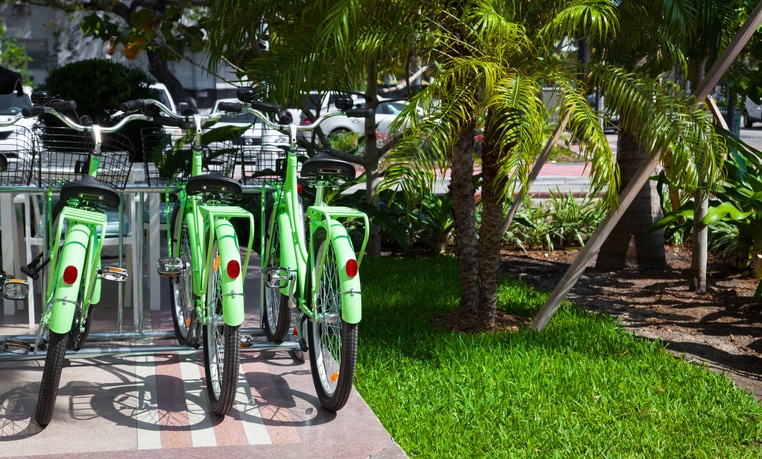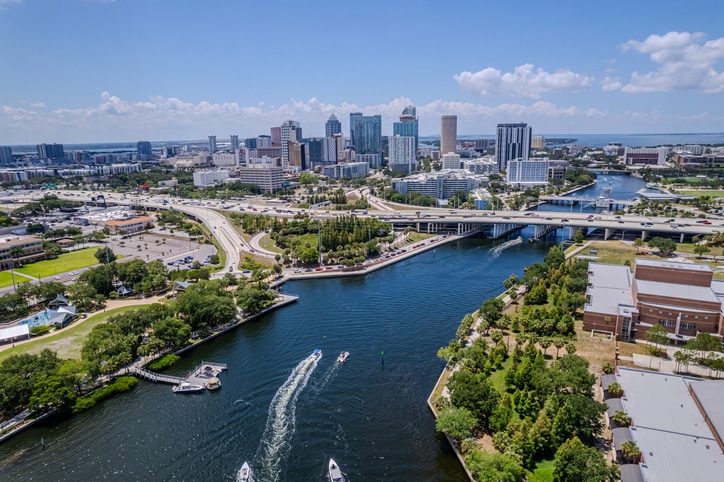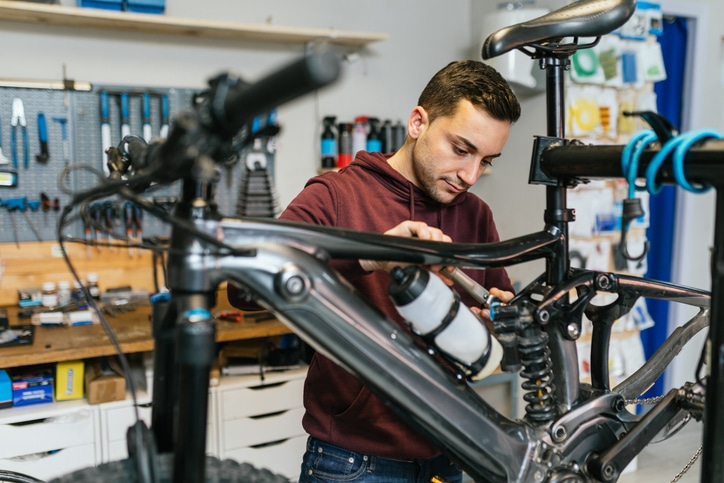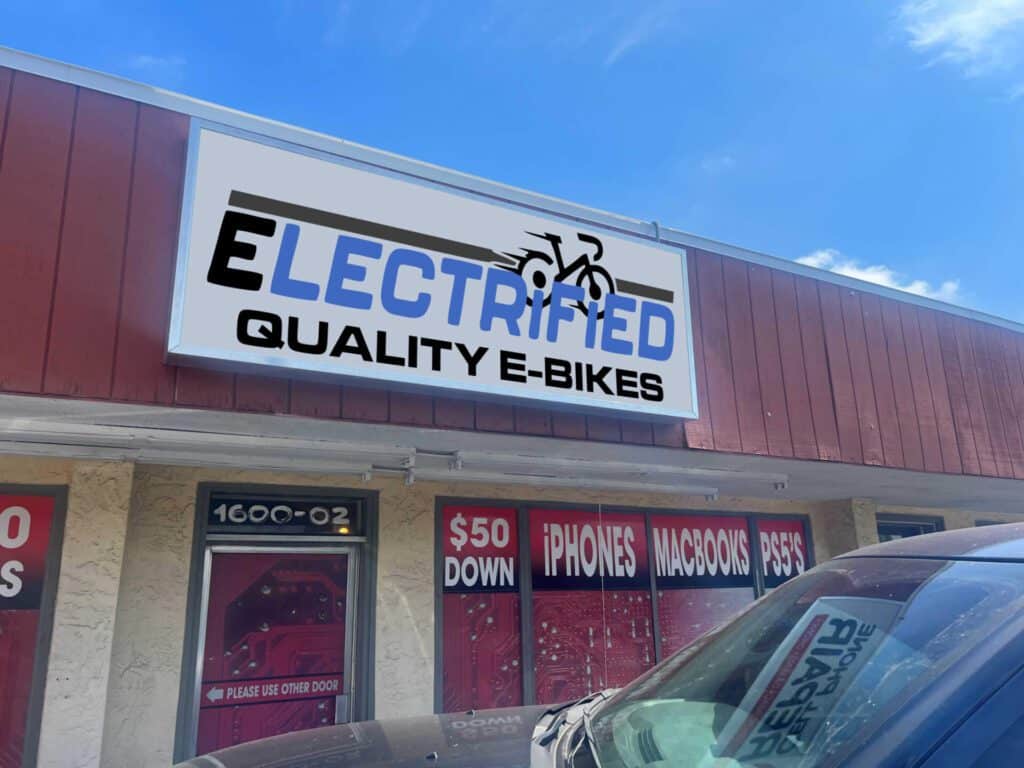Exploring Florida on an ebike is the perfect way to enjoy its scenic beauty. It is an eco-friendly way to cruise the boardwalks, beaches, and trails or zip around town.
But what about the laws? This guide will outline everything you need to know about Florida ebike laws.
Florida Ebike Laws by Classification
Class 1: Ebikes equipped with a motor that only assists when the rider is pedaling. The motor ceases once the bike reaches 20 mph.
Usage: The same laws apply to traditional bicycles.
Regulations: There is no minimum age requirement to operate a class 1 ebike.
Class 2 bikes: This class of ebike has a throttle-operated motor that can propel the ebike up to 20 mph, regardless of whether the rider is pedaling.
Usage: Class 2 ebikes may be subject to additional restrictions in certain areas. It is important to check local laws where you will be riding.
Regulations: There is no minimum age requirement to operate a class 2 ebike.
Class 3 bikes: These are ebikes with a motor that assists the rider only when the rider is pedaling and ceases when the bicycle reaches 28 mph.
Usage: Often restricted to specific roads and paths.
Regulations: Riders must be at least 16 years old to ride a class 3 ebike.
General Florida Ebike Laws
Helmet laws: Riders under 16 years old must wear a helmet. While not legally mandated, adults should strongly consider wearing one for safety.
Road rules: Ebikes are subject to the same traffic laws as traditional bicycles, including:
- Ride with the flow of traffic.
- Obey traffic signals and signs.
- Use hand signals when turning or stopping.
- Ride in a predictable manner.
Equipment requirements:
- Functioning brakes.
- A fixed, regular seat for the rider.
Local Regulations and Restrictions
Municipal parks and trails:
- Local regulations can vary significantly, so it is wise to check with the park or trails you plan to ride for specific rules.
- Some municipalities may prohibit certain classes of ebikes on trails or in parks.
- Some parks only allow class 1 ebikes on paved trails and entirely prohibit classes 2 and 3. Others permit class 2 ebikes with speed limits lower than 20 mph.
- Even if your ebike has an allowed motor wattage, some parks may set a maximum motor wattage lower than the state’s general allowance.
- Some trails, even in the same park, may have different rules.
Private property: Riding on private property is subject to the property owner’s rules.
Where to Find Local Law Information
- Park websites
- Trailhead kiosks
- Park offices
- Local government websites like city and county websites.
Even if a park allows ebikes, it’s wise to know the specific rules for that location or trail to avoid conflict or fines.
Safety Consideration for Ebike Riders
Visibility: Wear bright clothing and use lights, especially in low-light conditions.
Speed: Pay attention to your speed, especially on shared paths.
Defensive riding: Anticipate potential hazards and be prepared to react.
Maintenance: Regularly check brakes, tires, and battery condition.
As the popularity of ebikes in Florida rises, understanding the rules of the road will keep everyone safe.
At Electrified Ebikes, we are here to answer any questions you may have about ebikes in Florida. With two convenient locations, we offer an outstanding selection of bikes from respected brands.
Whether you need a tune-up or are looking for a new ebike or accessories, our experienced team is here to help you find what you need.
Start your next ebike adventure at Electrified Ebikes!




